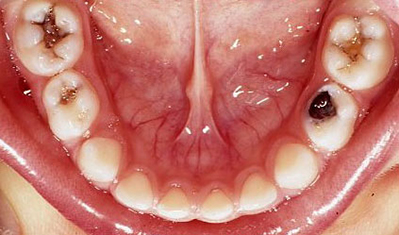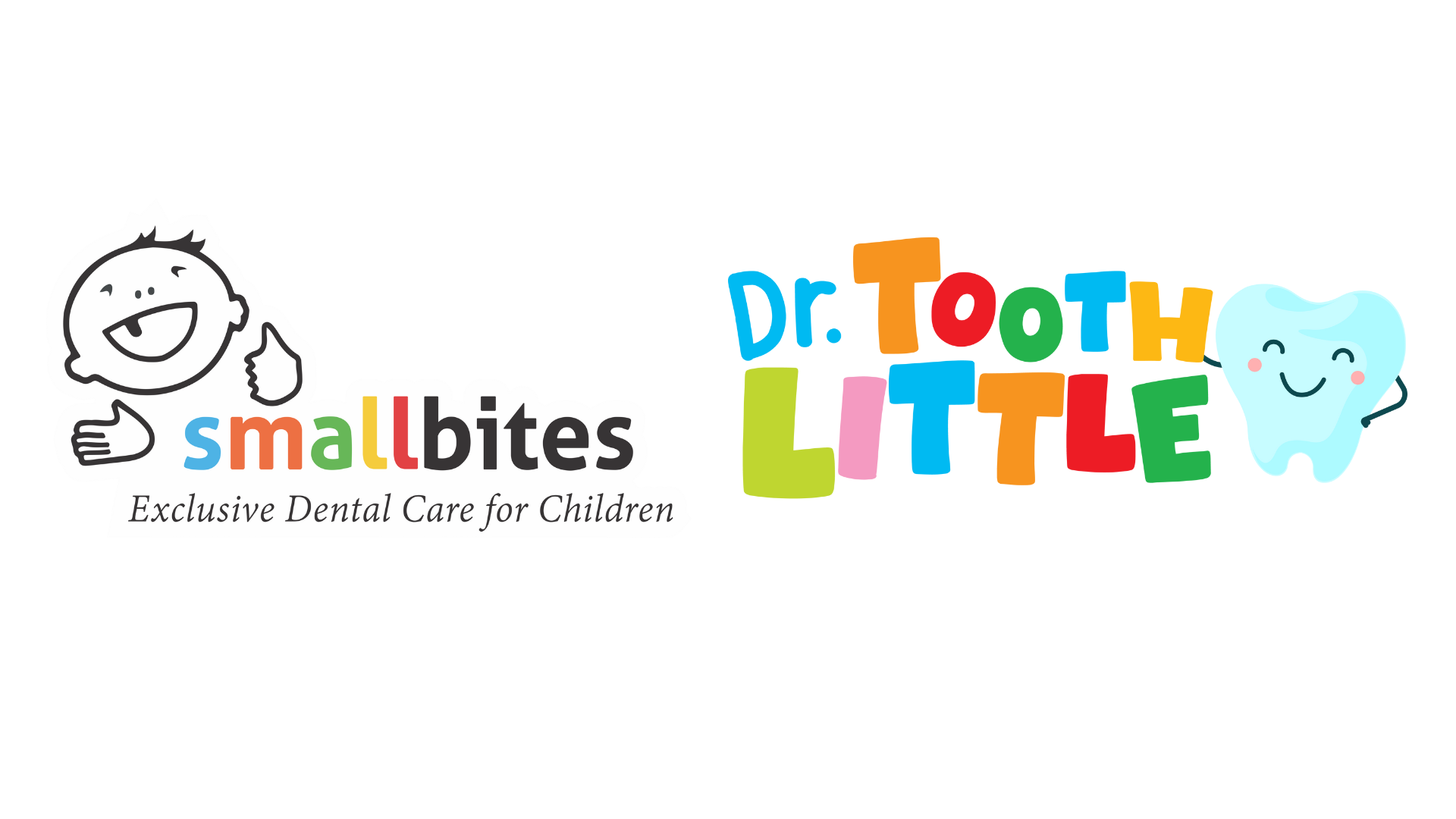
Despite being a parent two or more kids, there isn’t any one particular child you call your favourite. In the same way, there isn’t any partiality you would generally show towards any teeth in particular. However, when it comes to your children’s dental health and monitoring for any gum problems or issues, the molars need special attention.
Molars are the large teeth present at the back of the mouth that break down bigger food particles during mastication or chewing. Their surfaces are uneven, with crevices that allow foods and bacteria to collect and lodge into them. Since molars aren’t visible, it is also difficult to take care of them and the damage is often well progressed if not checked regularly.
FACTS ABOUT MOLARS
- Molars generally come in around the time children are 13-19 months and a few come in after the child becomes 2 years old. However this isn’t fixed and the timeline may vary from child to child.
- Almost all children lose their molars and generally baby teeth by the age of 13 years
- Baby molars must be looked after well, because any damage or caries may hamper chewing in babies. While babies cannot show their pain, they may refuse foods, act irritable or lose weight, affecting general nutrition intake.
- Baby molars that remain healthy, ensure the growth of healthy permanent molars that are free from damage and decay.
CARE FOR MOLARS
- The most important care for molars is the right way of brushing. Brushing is most often done superficially in little children, mainly because it is a difficult task and many children resist the brush going deep into their mouth. However, this is a must to remove any food that gets stuck in molars.
- Flossing isn’t practiced much in India, but it is important to dislodge food stuck in between gaps in teeth. Even a good brushing can help.
- Mirrors can help see teeth that are in mouth recesses. Besides, it is a fun way of getting children involved and getting them to understand how brushing works.
- Rinsing regularly is the simplest and most effective preventive for little children, according to Dr.Premila Naidu. It is essential for children to rinse their mouth after every meal, so that any food stuck can be removed immediately. Once food remains, it starts decomposing in the mouth, and this is often how caries and tooth damage begins.
Having discussed all that we have about molars, it is very important to take care of every baby teeth. Strong and healthy baby teeth, result in strong roots of permanent teeth and these remain with children for life.

